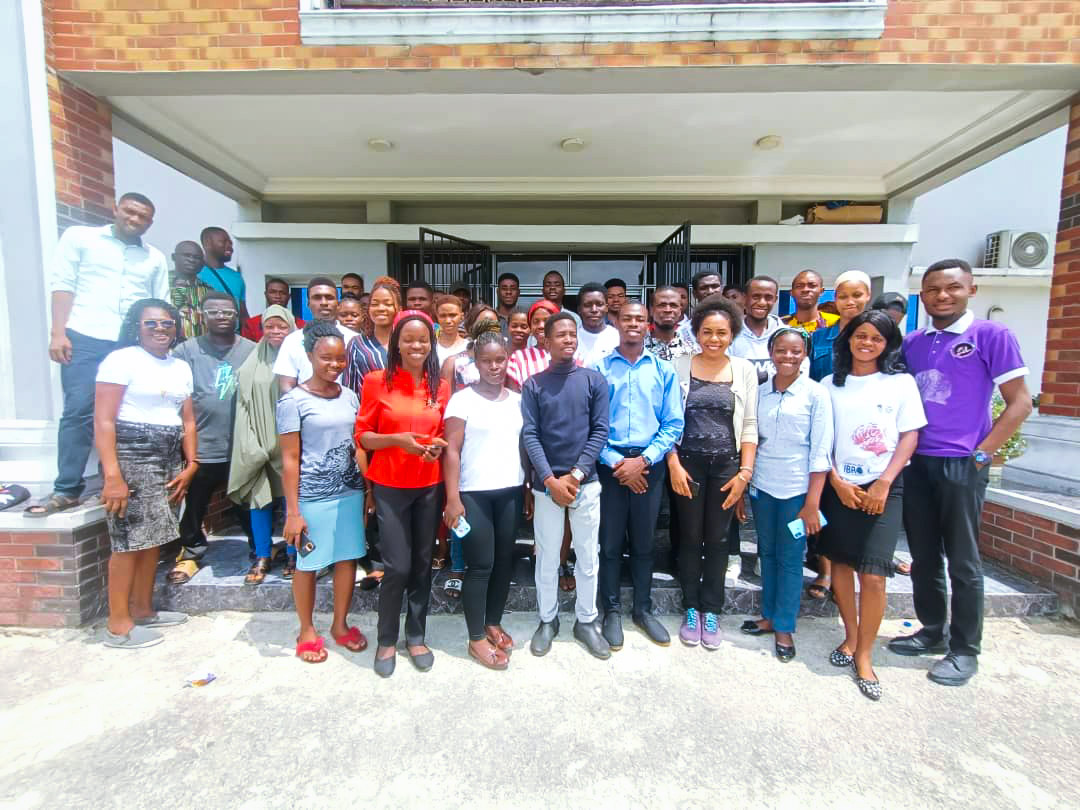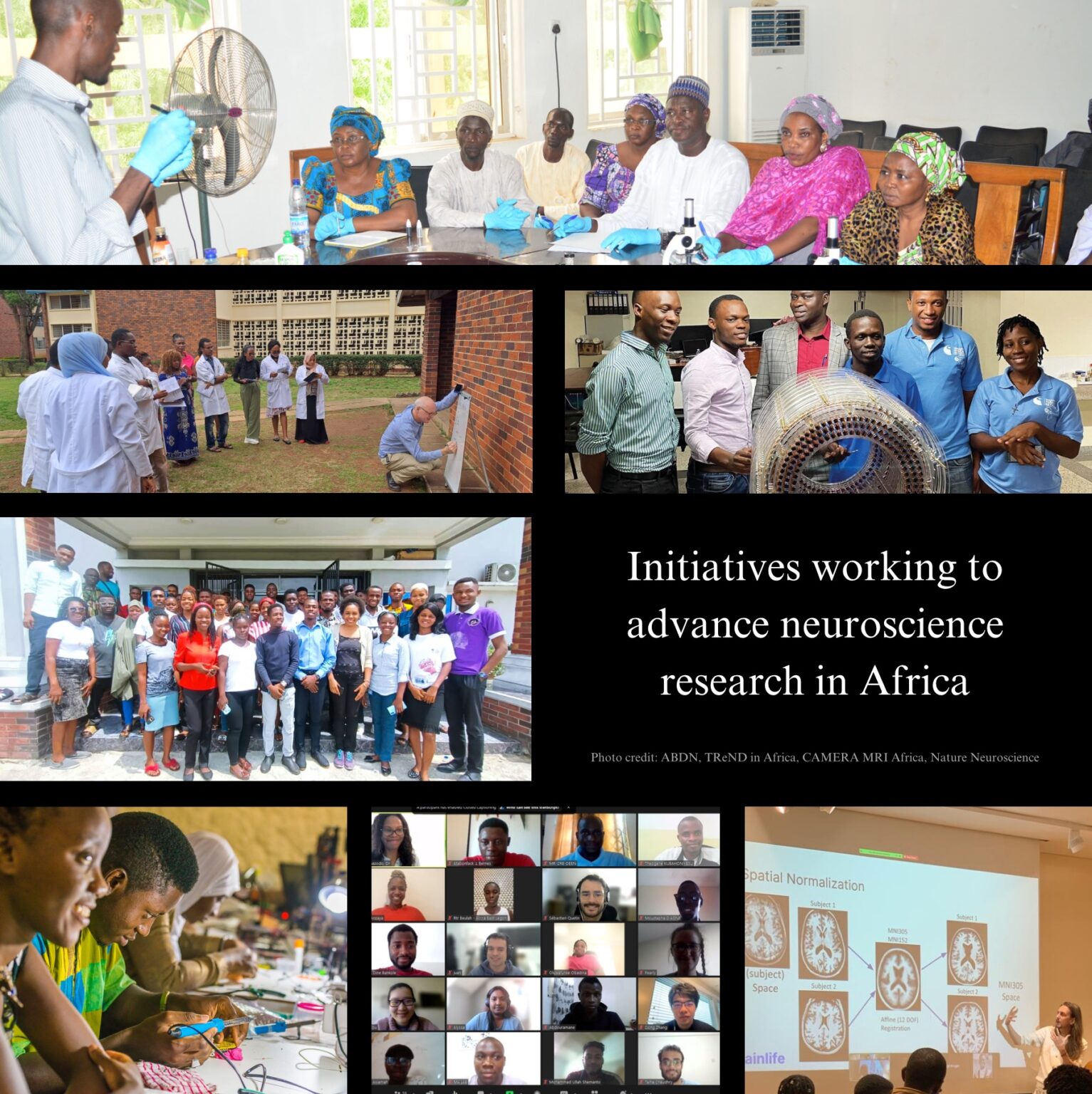African Neuroimaging: conversations with Dr. Eberechi Wogu
I sat down with Dr. Wogu, a lecturer and researcher in Nigeria, learning about her work and the current state of neuroscience research in Africa.
Makliya Mamat / April 16, 2024
Africa faces numerous challenges in terms of conducting scientific research, but despite these obstacles, there are opportunities for innovation and growth. Through a recent conversation with Dr. Eberechi Wogu, a lecturer and researcher at the University of Port-Harcourt in Nigeria, I gained valuable insights into the state of neuroimaging research in Africa and the hurdles that researchers face in advancing scientific progress.
A needs assessment survey revealed less than one MRI scanner per million people across Sub-Saharan Africa, with some countries lacking access to MRI altogether. This situation poses a significant barrier to conducting neuroscience research and diagnosing neurological conditions.
During our discussion, Dr. Wogu provided insights into the specific challenges facing neuroscience research in Nigeria. She highlighted the lack of MRI scanners in the country, with limited access and availability posing significant obstacles to her and many other researchers’ studies.
She talked about the impact of infrastructure deficiencies, such as unstable electricity supply and inadequate facilities, on the operation and maintenance of neuroimaging equipment. She also mentioned the shortage of skilled personnel trained in neuroimaging techniques as a pressing concern, inhibiting the capacity of Nigerian institutions to conduct high-quality research in this area.
Despite these challenges, there are signs of progress. Recent reports show that Africa is gradually improving access to MRI scanners by acquiring 1.5T MRI systems. However, there is still much work to be done to bridge the gap in neuroimaging infrastructure across the continent.
One notable initiative driving progress in African neuroscience is the African Brain Data Network (ABDN). Founded in 2021 by Dr. Eke and Dr. Wogu, ABDN aims to advance sustainable brain research, education, and innovation in Africa through the responsible collection, processing, sharing, and use of big brain data. The network seeks to address the lack of diversity in biomedical datasets, particularly those representing populations in Africa’s low- and middle-income countries. By promoting Findable, Accessible, Interoperable, and Reusable (FAIR) biomedical data practices, ABDN strives to reduce bias and discrimination in research outcomes and ensure equitable access to clinical and medical solutions and innovations.
Dr. Wogu talked about her active involvement in African brain data exchange initiatives, and societies and platforms dedicated to data sharing and science communication play a crucial role in facilitating collaboration among African researchers and building spaces for knowledge exchange and collective progress.
In addition to ABDN, other organizations and initiatives are working tirelessly to advance neuroscience research in Africa: The Consortium for Advancement of MRI Education and Research in Africa (CAMERA), Society for Neuroscience of Africa (SONA), Teaching and Research in Neuroscience for Development (TReND in Africa).
At the end of our discussion, Dr. Wogu and I shared personal experience insights on the importance of data sharing and the concept of open access in advancing neuroscience research. Given that no single institution or country possesses all the necessary components for conducting world-class research, collaborative efforts and data sharing are imperative.
Several key determinants are essential for accelerating African neuroscience research and fostering an equitable framework for scientific advancement. Strengthening research capacity through local skill development, fostering international collaborations, and nurturing interdisciplinary networks are critical components of this endeavor.

Contents
Newsletter
- Updates from Makliya Notes will be delivered to your inbox.



